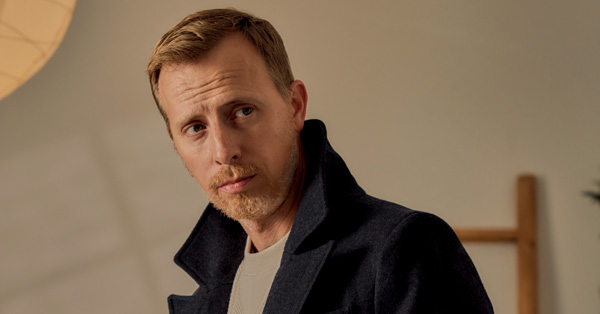How identifying work styles helps determine space usage and AV technology.
How identifying work styles helps determine space usage and AV technology

Do you know the work styles that characterize your teams? There are several ways of considering work styles: some are based around an individual “style” (independent, supportive, etc.); others focus on the functional tasks related to a role, which is where we come in. How does your sales team spend most of their time? How does your R&D team? Our guess is that they each spend it (most of the time) very differently. If core function and desired outcomes are different, shouldn’t the spaces and technology that support those work styles be, too?
It makes sense for us, then, to approach work styles as action-oriented:
Focus. Heads down, independent work with detailed tasks Collaborate. Work with others Learn. Combination of independent and group tasks Connect. Socialize, build communityWith work styles identified, you can then determine ratios of spaces and the corresponding AV technology to serve them. Are most of your teams collaborating daily? Make sure you’re building out spaces like open teaming areas or closed meeting rooms that have video collaboration or digital whiteboarding. Is training and learning at the top of daily tasks? Training rooms with presenter-tracking cameras, multiple displays, and recording & streaming capabilities should be part of the space plan. A team of R&D whose primary role relies on focus? They will benefit from sound masking.
No role, however, relies solely on one type of work style, especially if cross-functional tasks are required. Primary is the largest percentage of time spent in a particular work style based around core functions and specialized team needs. Our Engineers, for example, prefer Focus spaces for heads-down work, which means closed offices or work pods for heavy Focus and quiet open spaces (with sound masking) for light. In addition to primary, we all have secondary styles. Secondary styles occur less frequently and expand role-functionality to include being part of the company community. Our Engineers Collaborate when holding their weekly stand-up meetings and Connect when they join us in the lounge for some down-time.
During a Needs Analysis, which is one of the first steps in designing client systems, capturing work styles is a fundamental exercise in delivering the appropriate AV technology and spaces to support. We don't underestimate the human factor, we design + build for it.
Ready to identify your work styles and the AV tech needed to support? Let’s connect »













